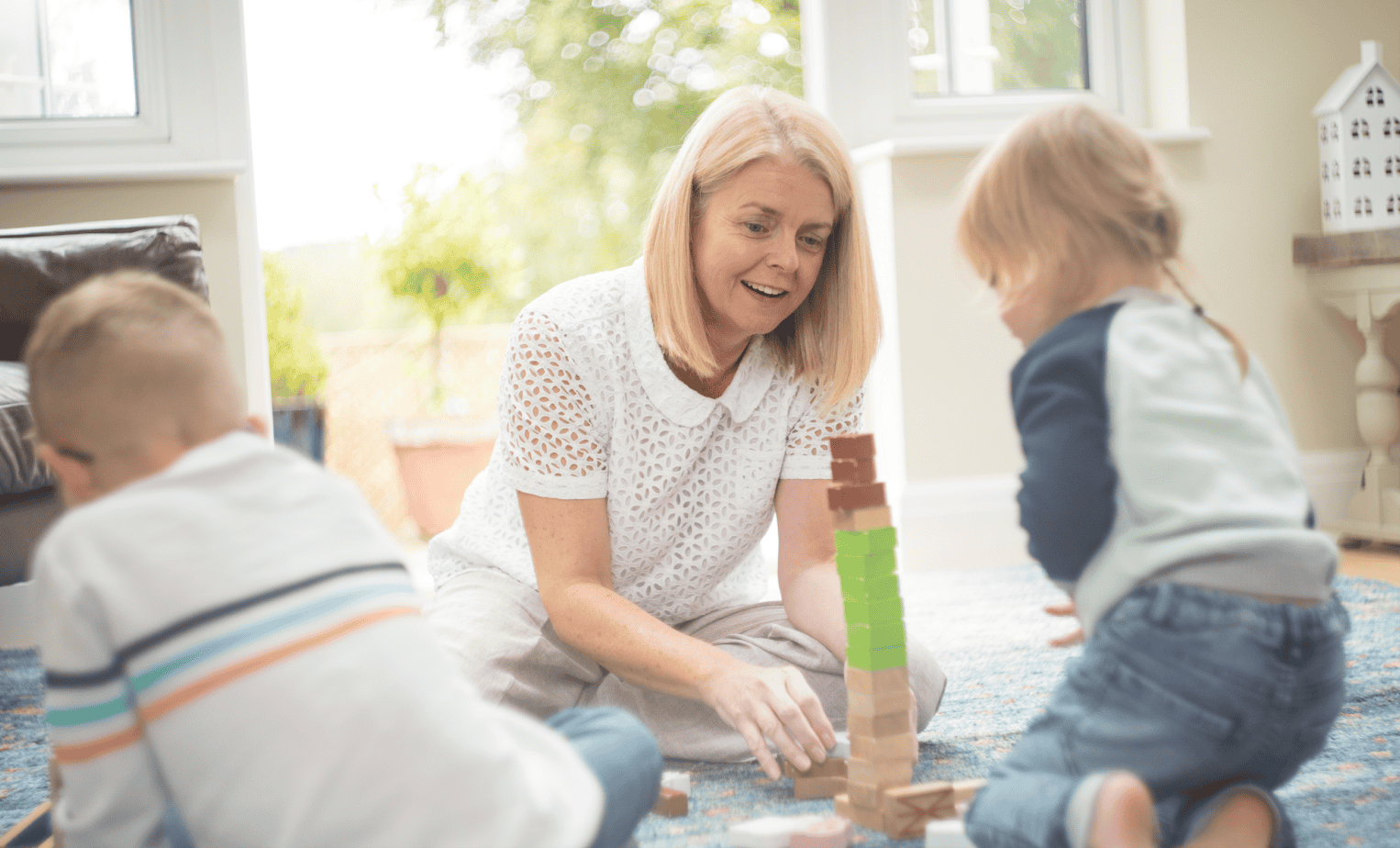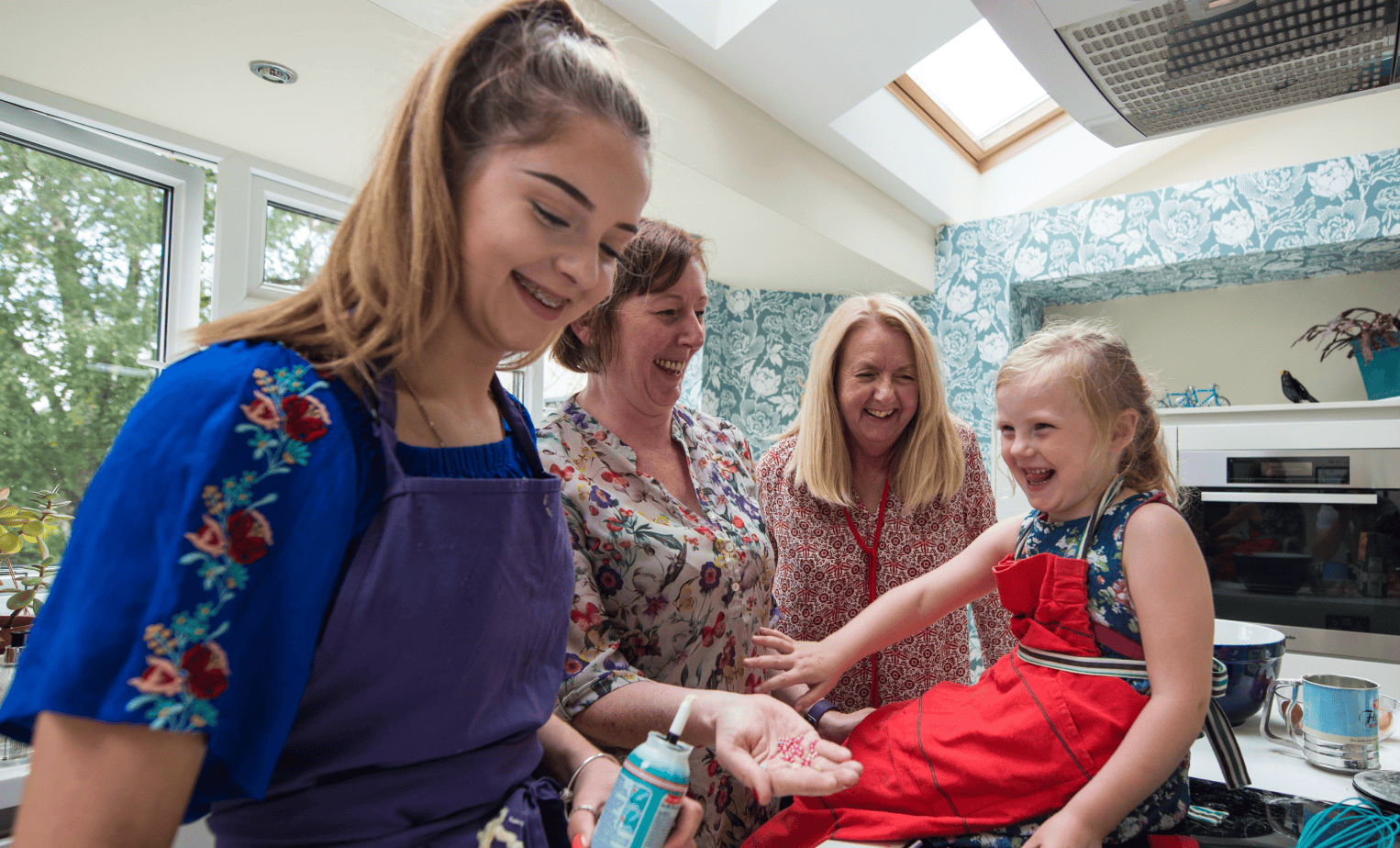Teenagers in many ways have always had a bad press. Stories of gangs, antisocial and risky behaviour can be regular news items. However, in 2010 an under published research highlighted that:
“75% of young people regularly volunteer to help others, and most have values far removed from the fame-and-fortune obsession normally attributed to the X-Factor generation.”
At a recent event we asked people to give advice to their fourteen year old self, knowing what they knew as an adult. There were some fabulous comments, mostly related to just relaxing, it is going to be alright. I thought about the advice I would give to myself. At the age of fourteen I was worried about my exams, my skin, my father had just been made redundant, my peers were all better at everything than me. I was a mess in so many ways. I had written a diary, and reading it back, every day there was drama. I was quiet and difficult to approach. I recalled this when living through my own children’s teenage years.
We know that raising a teenager can be a challenge and it was for this very reason that we partnered with Dr karen Treisman, a clinical psychologist, to hold a conference for our carers and the teams we work with. At this conference we talked about how we care safely and successfully for adolescents. We trust that some of the information, advice and tips raised in this blog will help parents living with teenagers, or maybe encourage those out there thinking perhaps fostering might be for them, to consider fostering teenagers.
Adolescence is often linked to teenage years, traditionally starting as children move in to their thirteenth year and ending at eighteen, however if we link adolescence with puberty and the associated hormonal changes that often result in some of the presentations associated with teenage years, then this might start at an earlier age. Girls can start puberty between 8-13 years of age, with the average age of onset being 10 ½ years old. In boys this can begin between 9 and 14 years with the average age being 11 ½ years.
We know that the time of puberty can be a rollercoaster of emotions often linked to hormonal changes. We have all been there though… and we survived!
What can we expect from adolescence?
It is a time of change, one when young people begin to separate from parents and show signs of what kind of an adult they might become. There are surges of hormones combined with body changes. There may be a struggle for them to find an identity compounded by potential pressures from their friends and peers. Overall there is a sense of development of independence, but this is a confusing time for young people and can be very challenging for those caring for them. The hormones increasing in the body means that children can struggle to regulate their moods, they may present as changeable and struggle to explain why they feel the way they do. They may be withdrawn, sullen, snappy or quick to become angry. We also know for teenagers in the care system, there can be additional pressures placed on them around their identity after all they are separating from both birth families and foster carers and potentially with an added clash of family norms between their two worlds.
We know during this time that there are significant changes in an adolescent’s brain development too, which gives rise to some of the reasons why this period in a teenager’s life can be challenging.

Adolescence is a time of significant growth and development of the brain itself. The neuroscientists are now seeing that the brain does not actually fully mature until we are 24-25 years old, we might therefore think of adolescence as a period of time that lasts a lot longer than merely teenage years.
Neuroscience
During adolescence the unused connections in the “thinking and processing” part of the young person’s brain (called the grey matter) are ‘pruned’ away. In short the unused connections in the brain that have not been built are simply pruned in order to make space for other connections which are being used, in order for the connections to grow stronger. This is the brain’s way of becoming more efficient, based on the ‘use it or lose it’ principle. You may consider this as rejigging and decluttering a filing cabinet in order to make space for new and expanding files.
The front part of the brain, the prefrontal cortex, is remodelled last. The prefrontal cortex is the decision-making part of the brain, responsible for a young person’s ability to plan and think about the consequences of actions, solve problems and control impulses. Changes in this part continue into early adulthood. The mismatch of the emotional regulation maturing along with the growth and pruning of the brain is part of why we associate teenage years with a rise in risky and impulsive behaviour.
Put simply, as the brain is changing, the abilities of our young people, their thinking and ability to process and make sound decisions develop at a slower rate than the development of the part of the brain that regulates emotional responses. The consequences are likely to be impulsivity, lack of thought about consequences, living in the moment and a moving away from parents who may push for reason and sensibility.
What does this mean for the parenting role?
Well, we can safely expect young people’s emotional lives to be like a roller coaster. We also know that young people, during this time, find their peer group become more important to them, in terms of what they believe, what they like and what they do. They are a significant influence on a teenager and can become more prominent in a young person’s life. Some might think that parents, carers and family become less important to them, but this is not totally true. What we do know is that a young person’s peers become more important to them and that the role the parent initially plays in socialising their young person, shifts, to being taken on by their peers.
However parents and foster carers have an important role to play in the growth and development of their teen throughout adolescence and into adulthood. Studies have shown that teenagers who feel a secure connection with their caregiver, are better able to disengage and form healthy relationships during the rest of their life.
For foster carers, we know offering support through the teenage years can be harder because adolescents may have started life with less secure relationships with their own parents. This may be because their parents had their own issues that became their preoccupation such as mental health challenges, addictions, or their own unresolved childhood traumas. Many teenagers may also have had the added pressures of supporting younger siblings in the family. Some of our teenagers have taken on the responsibility to parent younger children and they may try and continue to do this whilst living with foster carers. They may also have had less opportunity for their own needs to be recognised and consequently met by an adult.
The building of a predictable and empathetic relationship with the adolescent is the priority for the foster carer. It is a priority for a relationship to be built where there is sensitivity to the changes going on for the young person and an understanding of how this might feel for them. This is likely to contrast with the lack of consistent early nurturing care from their own family. When fostering teenagers, a carer may be the first person who is predictable, patient and in tune with them. They may identify key skills and talents and nurture them.
For all caregivers, remaining committed and open to the relationship with a teenager whether they are your own or a foster child is the priority and not taking the changes in the relationship as a personal rejection.
Understanding more about a teenager’s development might help us think about how best to support a young person moving through the teenage years feeling supported but not controlled or constrained. In order to achieve this we know that building strong communication links, having a sense of acceptance and an ability to help a young person regulate their feelings, are essential.
Here are some of our top tips.
Allow teenagers to take some healthy risk. New learning comes from feeling empowered and learning from mistakes. Risk taking has to be balanced against safeguarding young people but building in steps to manage risk is vital. New and different experiences help a child develop an independent identity, explore grown-up behaviour, and move towards independence.
Enabling young people to find new creative and expressive outlets for their feelings is important. Many teenagers find that doing or watching sport, listening or playing music, writing, painting and other art forms are good outlets for expressing safely how they may be feeling. Helping young people understand what is happening internally for them, can help them understand why they may need new outlets for their emotions.

Talking through decisions step by step with your young person and listening to what they need is a key task for caring for teenagers. By asking them about possible courses of action they might choose, and talking through potential consequences can encourage them to weigh up consequences for themselves. Enabling the young person to take some of the control in decision making is essential, as young people are beginning to want to be more independent. For young people in care this is essential. Many young people in care talk of feeling like they are controlled and have little say with so many people involved in their care, this is a small way of helping them take back some control.
Use family routines to give your young person’s life some structure. These might be based around school and family timetables. Positive predictability allows people to feel safe through turbulent times. It can also help build an essential sense of trust in the adults.
Provide boundaries and offer opportunities for negotiating those boundaries. Young people need guidance and limit-setting from their care givers, but be open to reflection on what is working best and be prepared to offer some flexibility.
Offer frequent praise and positive rewards for desired behaviour. This reinforces pathways in your teenager’s brain.
Be a positive role model. Your behaviour will guide your young person about the behaviour you expect.
Stay connected with your young people. You’ll probably want to keep an eye on their activities and friends, by showing interest rather than control you are more likely to be able to keep the dialogue going. Continuing to be open and approachable can help you with this.
Talking with your young person about his/her developing brain can help them see what you are doing and why. Having an understanding about this important period of growth might help young people process his/her feelings. It might also make taking care of his/her brain more interesting to them. Last of all, but one of the most important top tips, is to look after yourself. As a trauma informed organisation we see the impact raising children can have on adults. Children can be exhausting and fostering children can bring additional stresses. Self-care and protection from burn out are so essential. We believe in this so strongly that we have dedicated our next conference to self-care and protecting from secondary trauma when supporting people who are fostering or parenting children who may present as challenging at times.



